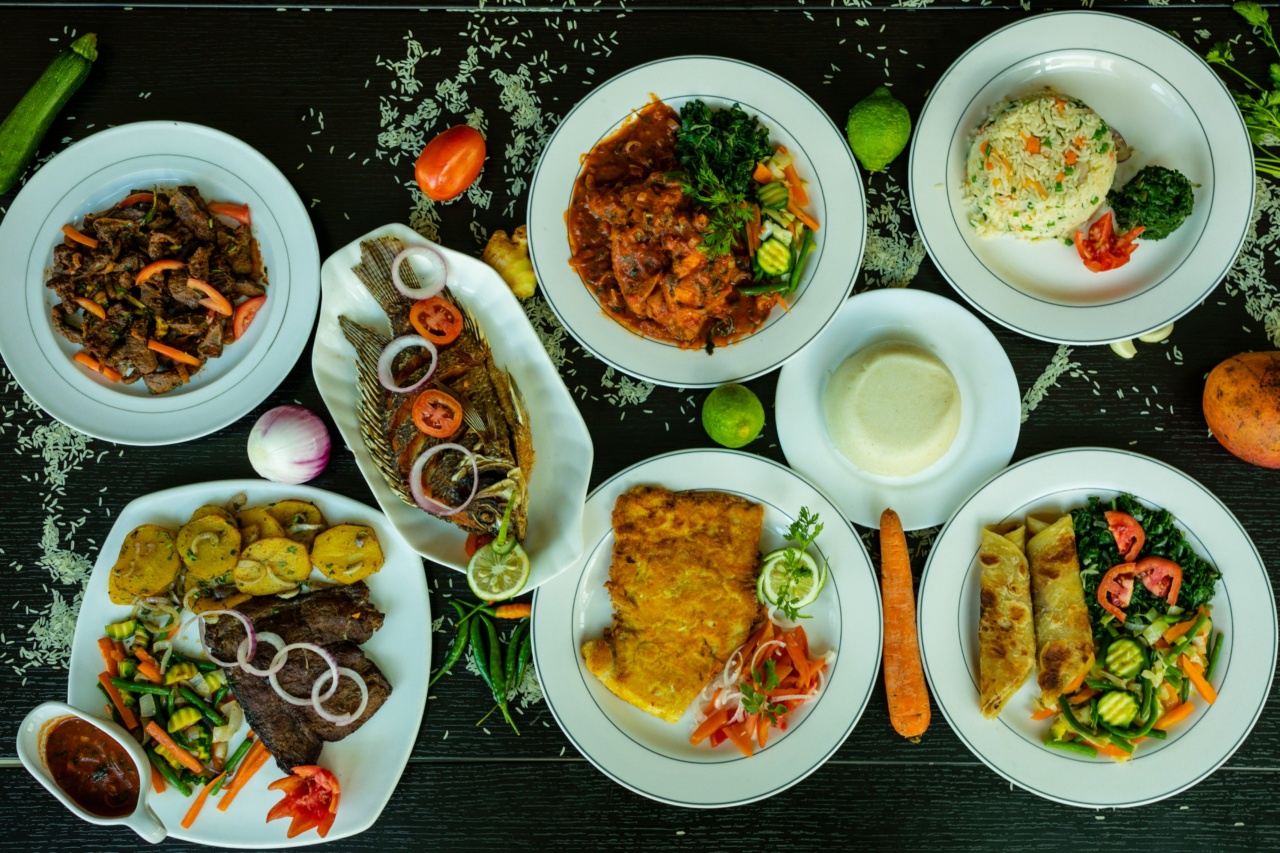When it comes to losing fat and achieving a leaner physique, the importance of correct meal planning cannot be overstated.
While exercise is undoubtedly important for burning calories and building muscle, what you eat (or don’t eat) is the driving force behind fat loss.
What is Meal Planning?
Meal planning involves determining what to eat, how much to eat, and when to eat it. It involves being intentional and purposeful with your food choices, rather than simply reaching for whatever is most convenient or appealing at the moment.
Effective meal planning takes into account your individual goals, preferences, and lifestyle. For example, if you are trying to lose fat, your meal plan will likely differ from someone who is trying to gain muscle or simply maintain their weight.
Why is Meal Planning Important for Fat Loss?
Meal planning is essential for fat loss for a few key reasons:.
1. It Helps You Stay on Track
When you have a solid meal plan in place, you know exactly what to eat and when to eat it. This eliminates the guesswork and prevents you from making impulsive decisions that could sabotage your progress.
2. It Helps You Control Your Caloric Intake
To lose fat, you need to be in a calorie deficit, which means consuming fewer calories than your body burns. Meal planning allows you to carefully control your portions and ensure that you are eating the appropriate number of calories for your goals.
3. It Helps You Make Healthier Choices
When you plan your meals ahead of time, you have control over the ingredients and can choose foods that are nutrient-dense and support your goals.
This means less reliance on processed snacks and fast food, and more emphasis on lean proteins, whole grains, and fresh fruits and vegetables.
4. It Helps You Stay Consistent
Consistency is key when it comes to fat loss. By planning your meals ahead of time, you are more likely to stick to your eating plan and avoid falling off track.
How to Create a Fat Loss Meal Plan
If you’re new to meal planning, it can feel overwhelming at first. Here are some tips to help you get started:.
1. Determine Your Daily Caloric Needs
The first step in creating a fat loss meal plan is to determine how many calories you need to consume each day. This will depend on your age, sex, height, weight, and activity level.
There are many online calculators that can help you estimate your daily caloric needs. Once you have this number, you can create your meal plan based on the appropriate calorie deficit for your goals.
2. Plan Your Macronutrient Ratios
Macronutrients are the three main components of your diet: protein, carbohydrates, and fat. Planning your macronutrient ratios is important to ensure that you are consuming the appropriate balance of nutrients for your goals.
A good starting point for a fat loss meal plan is to aim for around 40% of your calories from protein, 40% from carbohydrates, and 20% from fat. However, your macronutrient ratios may need to be adjusted based on your individual needs and preferences.
3. Choose Your Foods
Once you have your calorie and macronutrient goals in mind, it’s time to start selecting the foods that will help you reach those goals. Focus on whole, nutrient-dense foods such as lean proteins, whole grains, fruits, and vegetables.
Try to avoid processed foods, which can be high in calories, sugar, and unhealthy fats. Instead, aim for a variety of colorful, wholesome foods that will provide your body with the nutrients it needs to thrive.
4. Plan Your Meals
When planning your meals, be sure to consider portion sizes and timing. Eating smaller, frequent meals throughout the day can help keep your metabolism revved up and prevent hunger pangs that can lead to overeating.
Plan ahead for meals that you will be eating outside the home, such as at work or at restaurants. Look up menu options ahead of time and plan your choices accordingly.
5. Prep Your Meals
Once you have your meal plan in place, it’s time to start prepping your meals.
This may involve spending a few hours each week cooking and portioning out your food, or simply having healthy snacks and ingredients on hand for quick meals and snacks throughout the day.
Invest in high-quality containers and food storage options to keep your meals organized and easily accessible.
The Bottom Line
Correct meal planning is a crucial component of fat loss and overall health and wellness.
By taking the time to plan your meals ahead of time, you can ensure that you are consuming the appropriate number of calories and macronutrients, choosing wholesome and nutrient-dense foods, and staying consistent with your eating plan.
By staying committed to your meal plan and making healthy choices, you can achieve your fat loss goals and enjoy a leaner, more energized body.



























